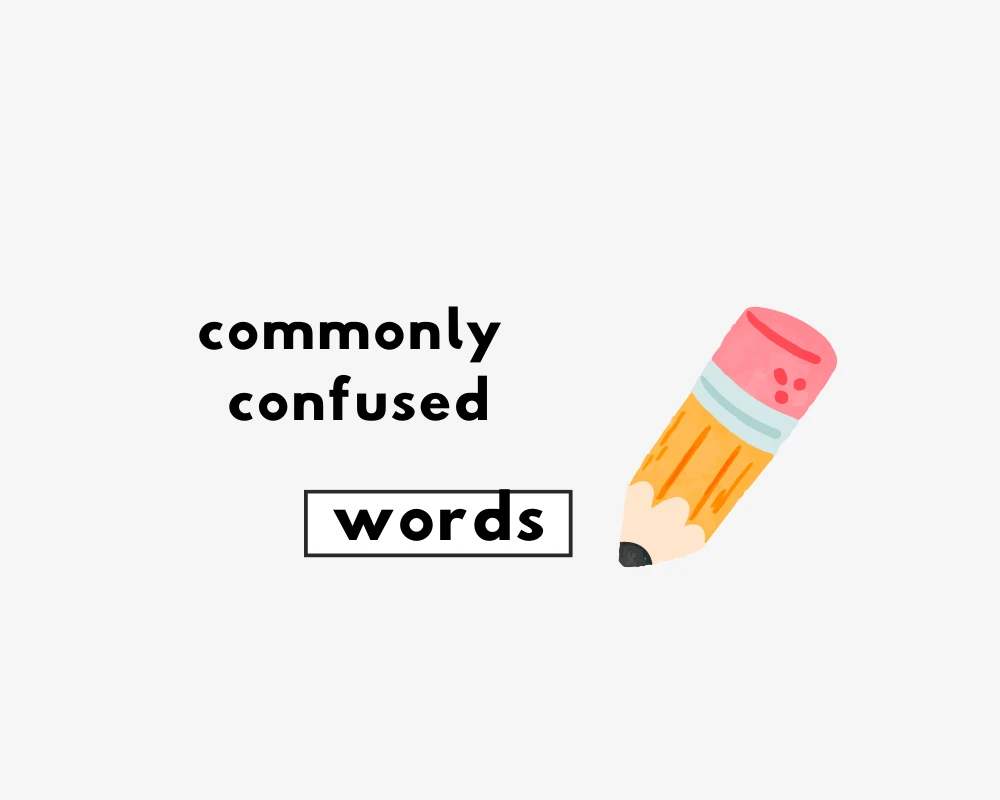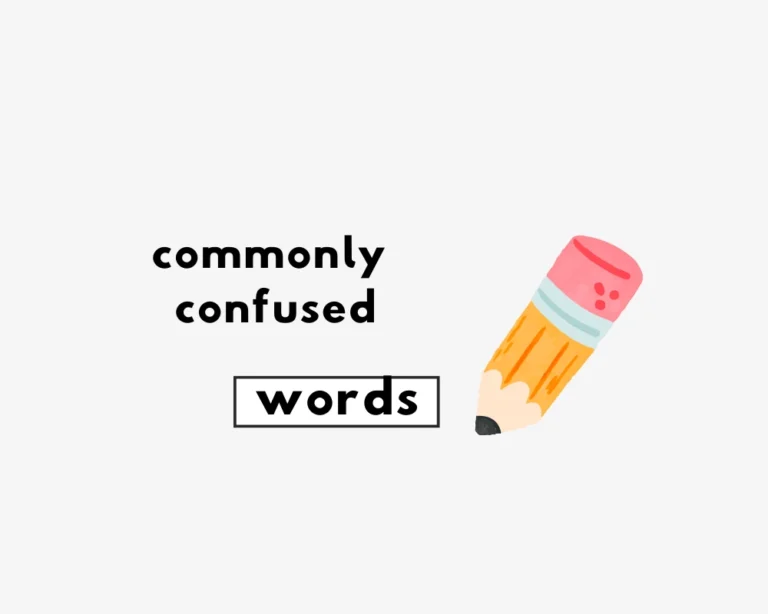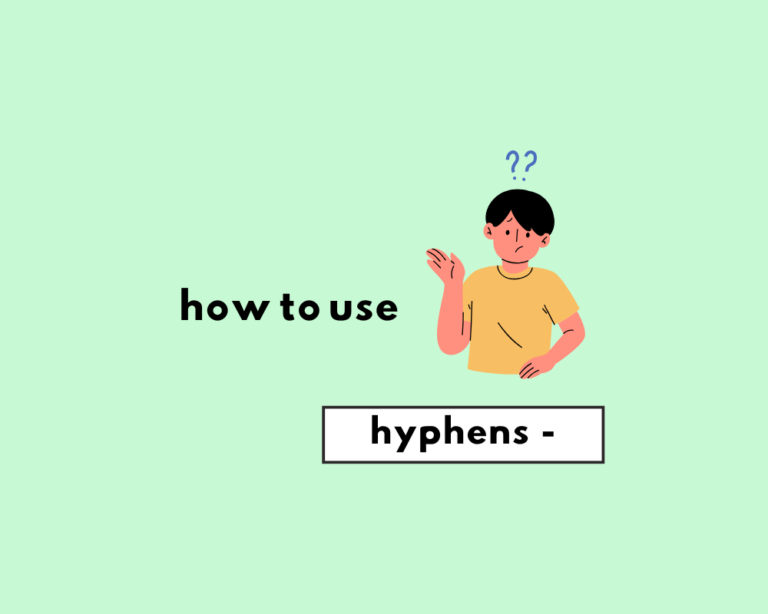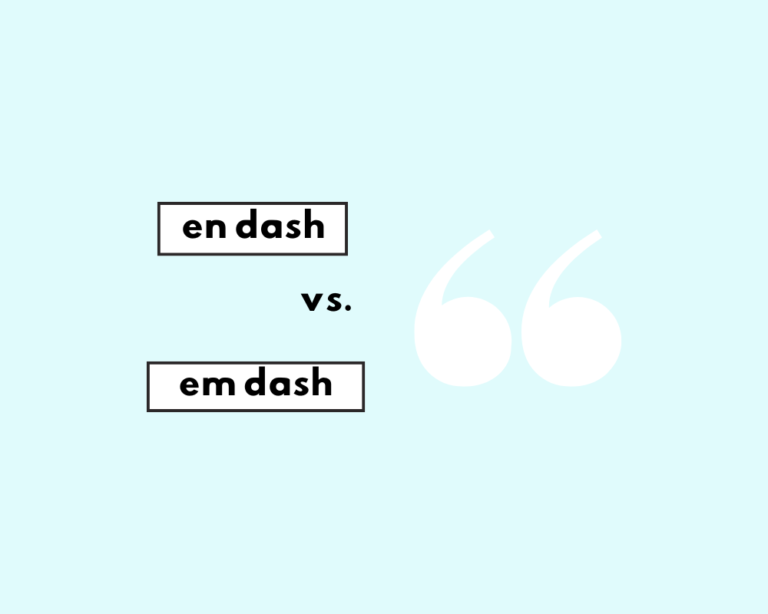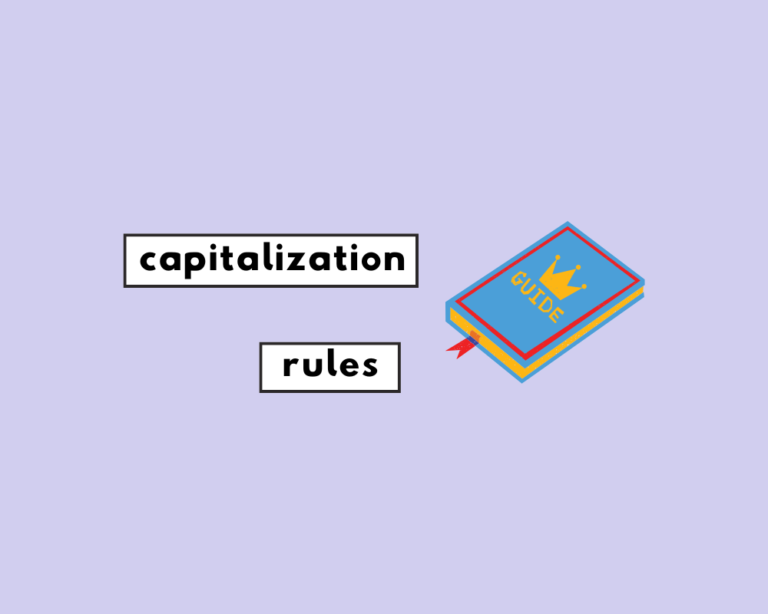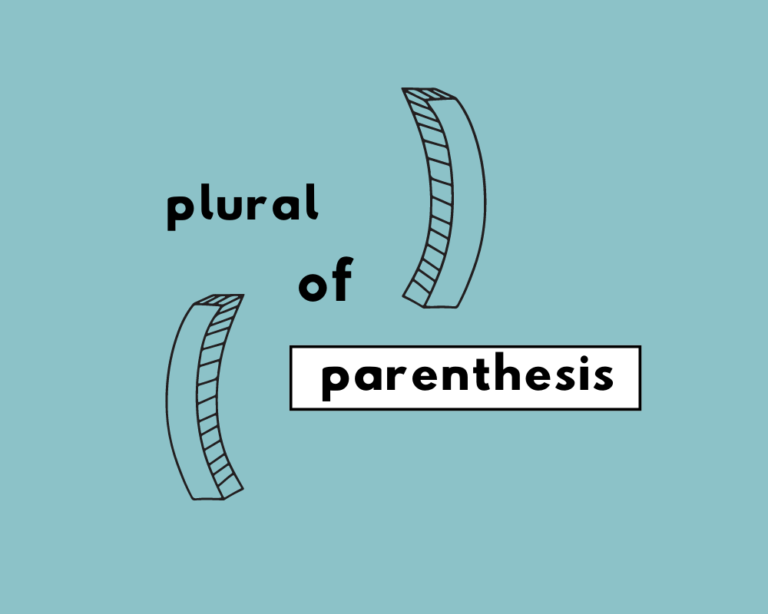Commonly misused words and phrases are abundant in English. The language is full of words that sound the same but have different meanings, like weather and whether.
Confusion readily abounds with such words and phrases. To clear up the confusion and improve your English, see whether you know the differences between these frequently confused words (and phrases) below.
20 Confusing Words and Phrases in English
1. ‘Bear with‘ or ‘Bare with’?
Bear, as a noun, i.e., the animal, such as a Grizzly Bear. As a verb, ‘to bear‘ describes enduring or tolerating something that’s usually unpleasant. This is the correct spelling for bear with me.
Bare is mostly an adjective meaning uncovered or unclothed. This spelling also refers to something as having only the essentials, as in “the bare necessities”.
| Examples with the verb “bear” | Examples with “bare” |
| I can’t bear seeing you cry. | I opened the box with my bare hands. |
2. Alter and Altar
- Alter is a verb that means to change or modify something.
- Altar is a noun that refers to “a structure with a flat top, often shaped like a table, that is used in some religious ceremonies”.
| Sentence with “alter” | Sentence with “altar” |
| This has the power to fundamentally alter the course of history. | This has the power to alter the course of history fundamentally. |
3. Past vs. Passed
| Sentence with “past” | Sentence with “passed” |
| The decision to quit her job had an adverse impact on her financial stability. | She was averse to taking risks and preferred her well-established routine. |
4. Cite, Site, and Sight
- A site (noun) is “a place where a building, town, etc. was, is, or will be located”. It can also mean “a place where something has happened: the site of the battle” (Oxford Learner’s Dictionary, site).
- Sight (noun) meaning “the ability to see”. As in, ”She has good eyesight.” It also means “something that is seen,” as in, “We’re excited to do some sightseeing during our travels this summer“.
- To cite (verb) mostly means to quote something (a passage, book, or author) to support an argument, usually in an essay.
| Word | Sentences |
| Cite | He cites several noteworthy authors in the article |
| Site | A site has been chosen for the new school. |
| Sight | He has little sight in his right eye. |
5. Elicit or Illicit?
| Sentence with “elicit” | Sentence with “illicit” |
| Her emotionally-charged monologue elicits intense emotion from the audience. | The authorities cracked down on the illicit trade of stolen artifacts. |
6. Breathe or Breath?
Breathe and breath are different forms of the same word: breathe is a verb and breath is a noun.
The definition of ‘breath‘ is the literal air we inhale and exhale from our lungs, when we breathe (the act of taking a breath).
| Sentence with “breath” | Sentence with “breathe” |
| His breath stinks of garlic. | Breathe in through your nose. |
7. Compliment and Complement
Complement and compliment both have noun, verb, and adjective forms.
- Complement (verb) means to improve or enhance something by joining it (as in, her vibrant personality really complements his laid-back demeanour).
- The noun “compliment” means to say something nice or express praise toward something or someone. For example, “My compliments to the chef!”
| Examples with “compliment“ | Sentences with ‘complement’ |
| She received several compliments on her speech. | This vegetable’s sweetness is a perfect complement to heavier foods. |
8. Adverse vs Averse
| Examples with “adverse” | Examples with “averse” |
| The decision to quit her job had an adverse impact on her financial stability. | She was averse to taking risks and preferred her well-established routine. |
9. Moral vs Morale
| Sentence with “moral” | Sentence with “morale” |
| Young people these days have no morals. | Another win would be good for the team’s morale. |
10. Dessert and Desert
| Sentence with “dessert” | Sentence with “desert” |
| I made a chocolate pie for dessert! | They travelled many miles across burning desert sands. |

